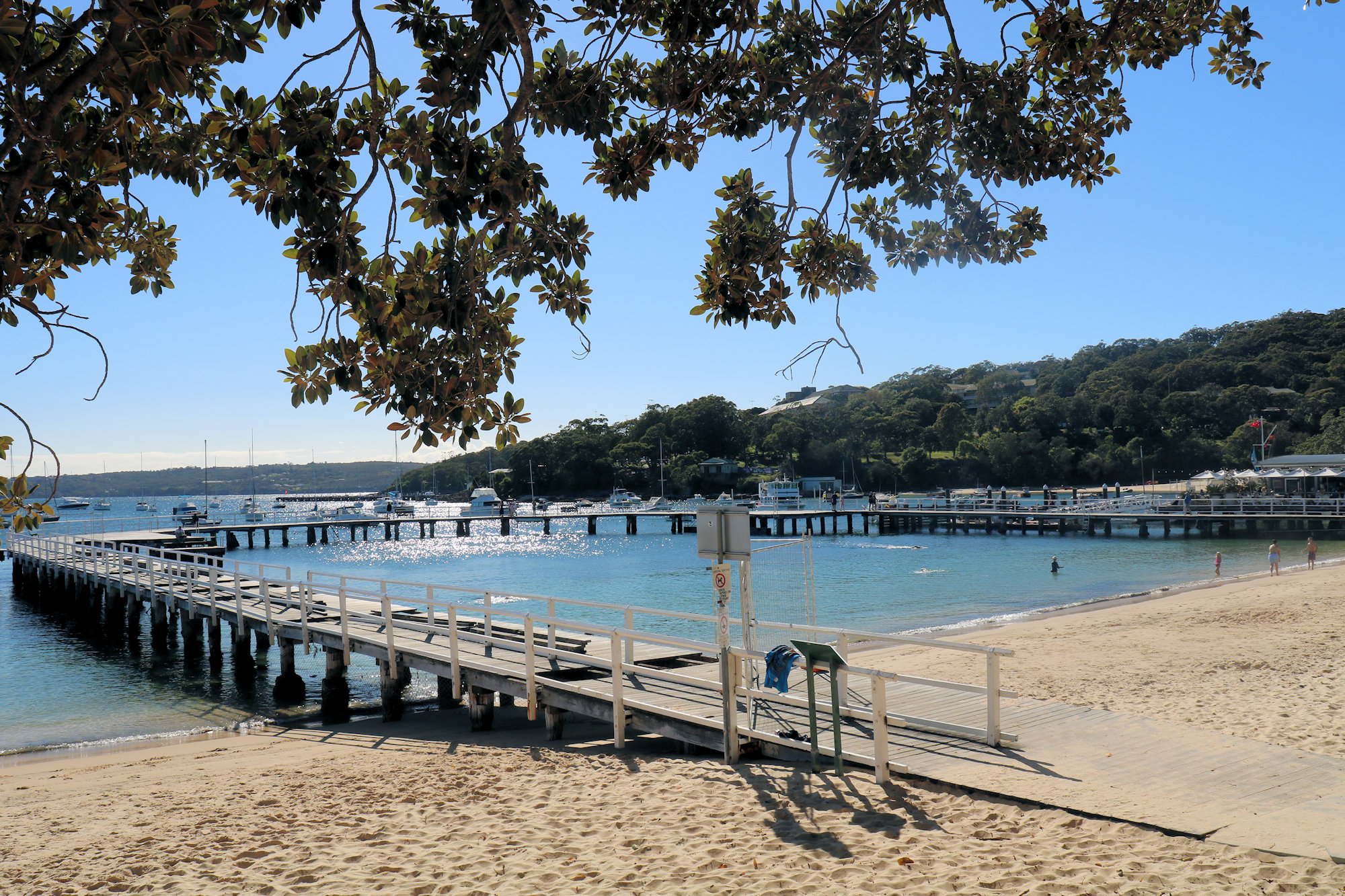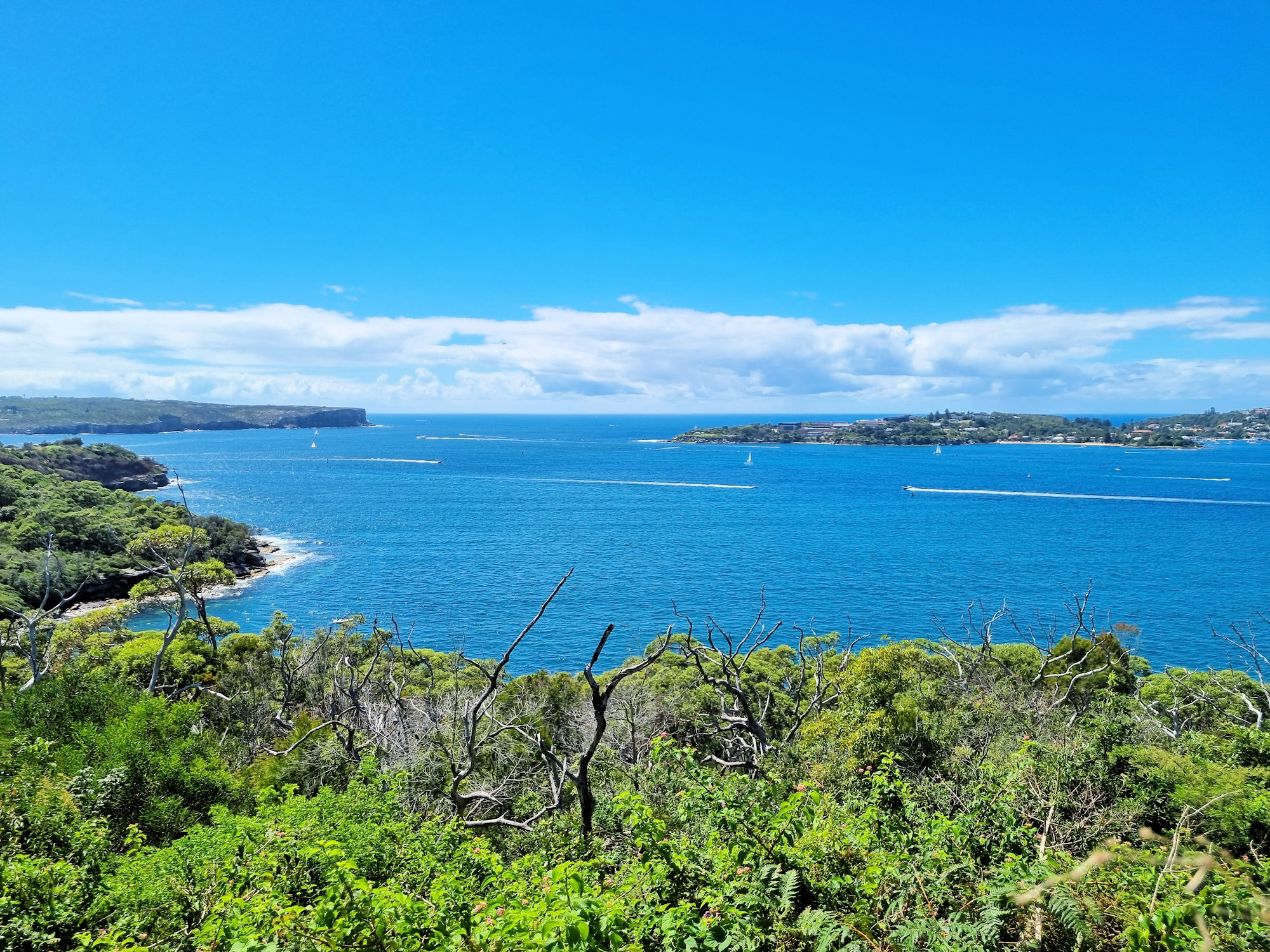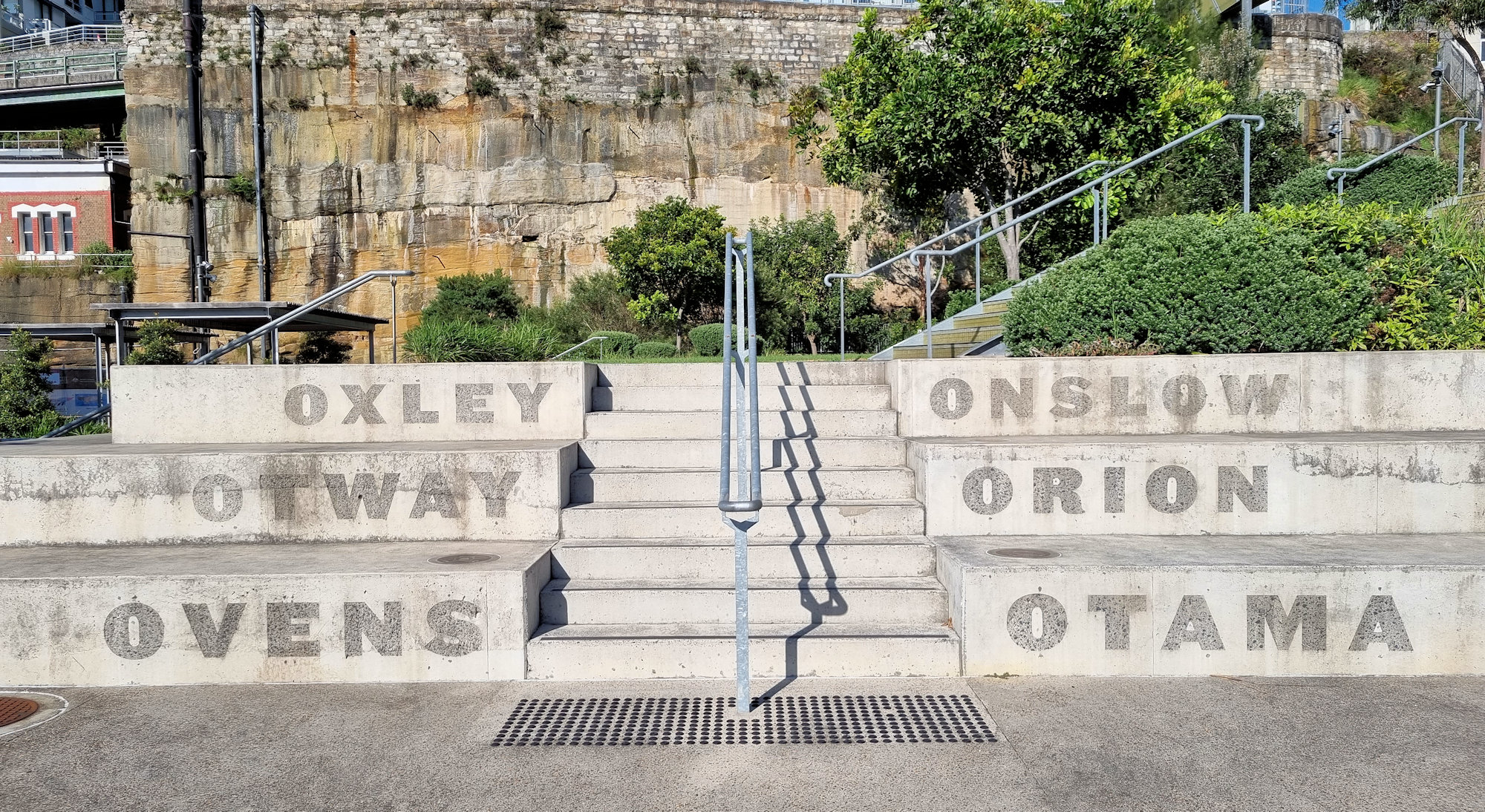Category: History
-
Balmoral Beach

Balmoral Beach Balmoral Beach is a picturesque and popular beach located on the north shore of Sydney Harbour, Australia. It’s a great place to swim, relax or just take in the scenery. Getting There During busy time like weekends and public holidays, the area can be very busy, so getting there early might be a… Read more
-
Headland Park Walking Track

Headland Park Walking Track The Headland Park Walking Track is a scenic and historic trail that runs from Balmoral Beach to Georges Head in Mosman, Sydney, Australia. The walking track is approximately 4.5 kilometers in length and offers stunning views of the harbour and surrounding coastline. The portion we walked was approximately 2 kilometers long.… Read more
-
Sub Base Platypus Sydney

Sub Base Platypus Sydney Sub Base Platypus is a unique site located in Neutral Bay, Sydney, Australia. The site has a rich history dating back to the early 1900s when it was originally used as a gasworks site. In the early 1960s, the site was acquired by the Royal Australian Navy (RAN) and used as… Read more
